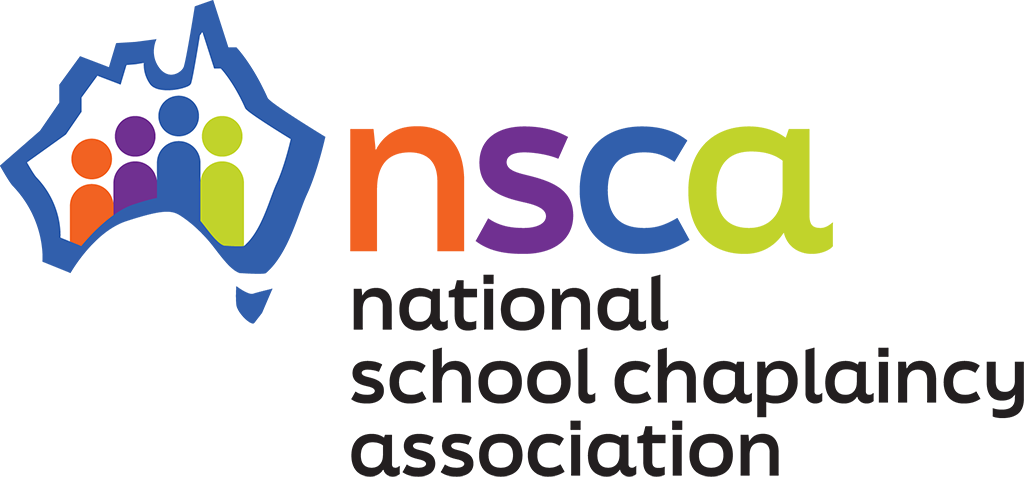The National School Chaplaincy Program (NSCP) plays a vital role supporting the wellbeing of students and school communities as part of the wider school welfare and support team. Around 3000 schools across Australia have made the choice to appoint a chaplain because they know firsthand the positive difference it makes in the lives of students.
Chaplaincy is widely considered the best model of holistic care and welfare. The learning and wellbeing framework for schools recognises the importance of social, emotional and spiritual support in achieving student wellbeing and educational outcomes, and chaplaincy provides this. For students voluntarily seeking guidance from a spiritual perspective, chaplains help them consider spirituality safely, while respecting the student’s own family faith background and wishes.
Most voices that oppose the concept of school chaplaincy are people who are not connected with a school community. The NSCP enjoys the overwhelming support of school communities, while a 2016 independent survey found that 91 per cent of parents support chaplaincy service and activities in schools. The National School Chaplaincy Association (NSCA) thanks both sides of politics for supporting the program over many years. We also acknowledge comments today from Federal Education Minister Jason Clare that schools will now be able to choose a student welfare worker or a chaplain.
This is not new and was the policy of the previous federal Labor government. At that time approximately 3,000 schools chose to continue employing trusted and trained school chaplains to support their school communities. We expect the majority of schools to do the same this time. Chaplains are well trained and are required to hold a Certificate IV in youth work, community work or equivalent. However, 74 per cent of NSCA chaplains exceed this minimum qualification and hold diplomas, bachelor’s degrees or higher in related fields, such as human services, education, social science and pastoral care.
